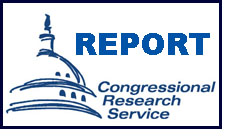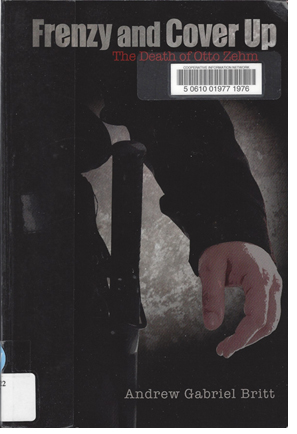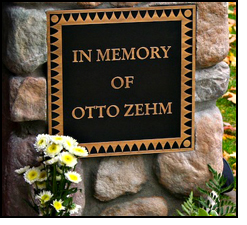 Idaho’s Senate has passed Senate Bill 1389 and sent it on to Idaho’s House for consideration. According to its Statement of Purpose, “The purpose of this bill is to make consistent state law regarding concealed weapons carry. The bill provides for concealed carry consistency between counties and cities.”
Idaho’s Senate has passed Senate Bill 1389 and sent it on to Idaho’s House for consideration. According to its Statement of Purpose, “The purpose of this bill is to make consistent state law regarding concealed weapons carry. The bill provides for concealed carry consistency between counties and cities.”
OpenCdA hopes that this bill’s proponents and the Idaho Legislature have asked federal authorities such as the US Attorney for the District of Idaho and the Bureau of Alcohol, Tobacco, Firearms, and Explosives (ATF) for their input on how Idaho’s proposed law change will interact with the federal law popularly known as the Gun Free School Zone Act (GFSZA) codified at 18 USC §§ 921 and 922. Our concern is that in their haste and zeal, our legislators may not have fully explored the potential unintended consequences of SB 1389.
For example, a citizen holding a valid Idaho concealed weapons permit and carrying a concealed weapon can lawfully drive on a public street or walk on a public sidewalk within the 1000-foot school zone without violating the GFSZA. Under Idaho’s proposed no-permit-required state law, it appears that same person who did not have a valid Idaho CWP could be in violation of the GFSZA.
Here is the ATF’s response to an inquiry submitted in 2013 by a private organization in Oklahoma. (Oklahoma is in the Tenth Federal Judicial District whereas Idaho is in the Ninth.)
Here’s another question for consideration. Idaho Code § 18-3302(5) exempts certain persons from requirement to secure a license to carry concealed weapons. Those exempted include officials of a city, county or the state of Idaho and any publicly elected Idaho official. Are these exemptions recognized by the federal government or are these officials who have been exempted under state law thereby liable under the federal GFSZA?
All we’re suggesting is that the bill’s proponents and Idaho’s legislators need to be certain that their proposed relaxation of Idaho’s concealed weapons permit laws do not, in fact, increase our citizens’ criminal liability under federal law.







